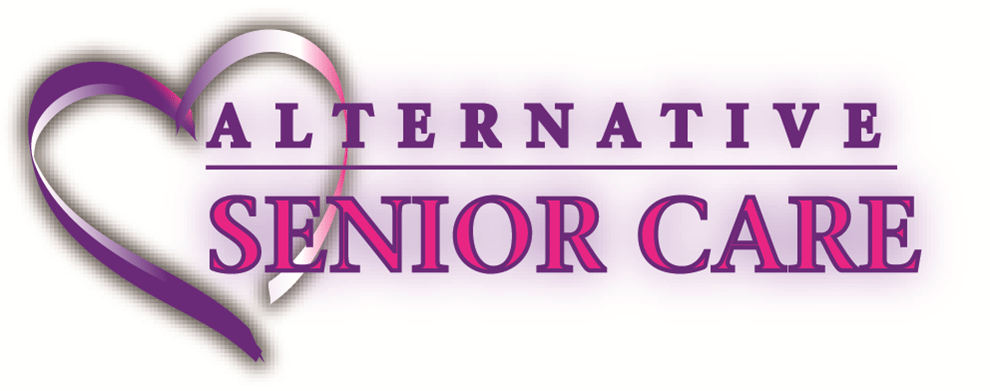Is My Elderly Loved One Suffering from Malnutrition?

Elder Care in Albany MN: Is My Elderly Loved One Suffering from Malnutrition?
You may not think that malnutrition is something that affects the elderly, but it is a surprisingly common condition. According to FamilyDoctor.org, more than 3.7 million senior citizens are malnourished. Whether you are new to family caregiving or you’ve been doing it for several years, malnutrition can affect your aging loved one before you really realize it. Before you immediately discount the possibility that your aging loved one could be malnourished, take a minute to learn a little more about geriatric malnourishment.
Causes of Geriatric Malnourishment
Malnourishment is when the body is not receiving enough nutrients to properly function and it leaves seniors open to a number of health problems. There are plenty of causes for geriatric malnourishment that might surprise you. Elderly people often don’t have as big of an appetite as they used to, so their typical consumption of food may be much smaller than the body needs.
Many medicines that seniors must take can affect their appetites and their senses of smell and taste. Oral health issues like poorly fitting dentures can make eating painful and those that struggle with arthritis or partial facial paralysis may get frustrated with eating. Other causes of malnutrition include depression, alcoholism, eating disorders, and dementia. Sometimes, seniors simply don’t know how to prepare balanced meals for themselves.
Symptoms of Malnutrition in Seniors
Recognizing the symptoms of malnutrition is difficult, which is why it is so often unrecognized in that population and therefore undiagnosed much of the time. Family caregivers, elder care aides, physicians and others that work with seniors should all be aware of the signs of malnutrition.
Here are just a few symptoms to keep an eye out for:
- Dry skin and chapped lips
- Hair turning brittle, thinning and loss
- Losing weight
- Bleeding and swollen gums
- Out of the ordinary fatigue
- Anemia
- Loss of muscle strength
- Increase in colds due to a weaker immune system
Other effects of malnourishment that are harder to spot include reduced overall health, increase in falls, wounds that are slow to heal, stress on internal organs and eventually organ shutdown. Family caregivers that suspect malnutrition may be a factor in their aging loved one’s decline in health should check with a physician as soon as possible.
Preventing Malnutrition in Seniors
Seniors with a family caregiver like you are dependent on them for many things, and grocery shopping and meal preparation are two important services you provide. To prevent malnutrition in your loved
one, pay extra attention to what you buy, prepare and serve. Make sure you buy healthy nutrient-dense food for meals and snacks instead of processed food with empty calories. Focus on nutritious and tasty dishes with plenty of fruits, vegetables, whole grains and lean protein. Talk to the doctor about supplements for your loved one to help fill in nutrients their body needs. You can also boost their appetite by encouraging light exercise. If your elderly loved one is on their own for meal preparation, consider hiring an elder care agency to provide aides that can prepare more balanced meals and ensure the senior has no obstacles to eating.
Good nutrition is extremely important at any age, but seniors especially need a good diet so they can withstand some of the effects of aging and get their bodies as strong as possible so they can enjoy their friends and family.
Source:
https://familydoctor.org/preventing-malnutrition-in-older-adults/
http://www.mayoclinic.org/healthy-lifestyle/caregivers/in-depth/senior-health/art-20044699?pg=2
If you or an aging loved-one are considering in-home elder care in Albany, MN, please contact the caring staff at Alternative Senior Care today. Providing Home Care in Central Minnesota and Surrounding Communities. Call us Today (320) 352-3350.
- How Senior Home Care Helps Seniors Live a Fuller Life - April 18, 2025
- Four Ways to Celebrate Spring With Your Homebound Elderly Loved One - April 3, 2025
- Alternative Senior Care Annual Staff Training - March 31, 2025

